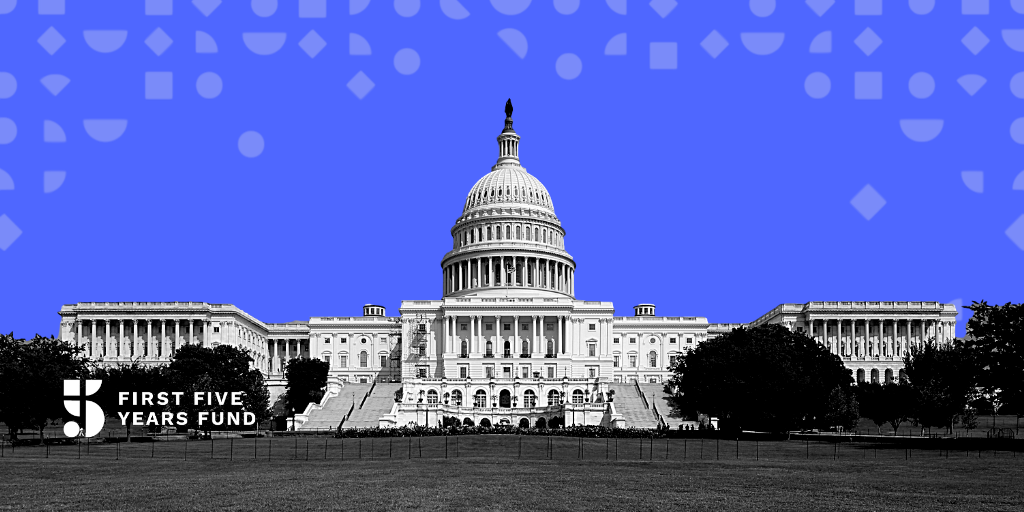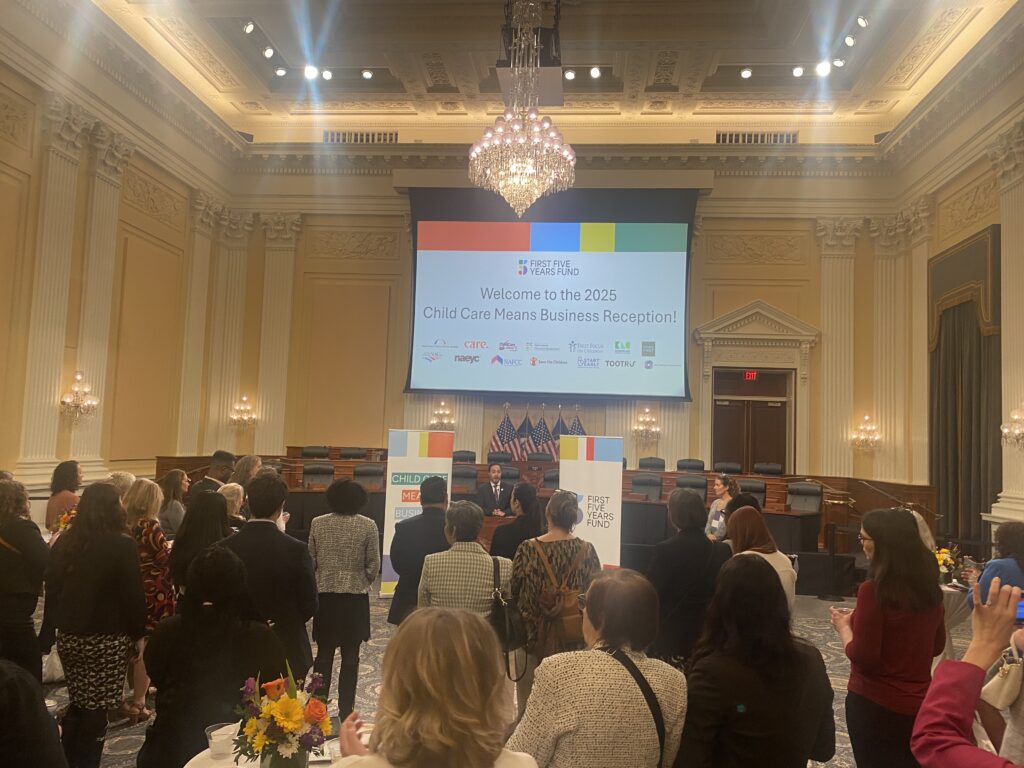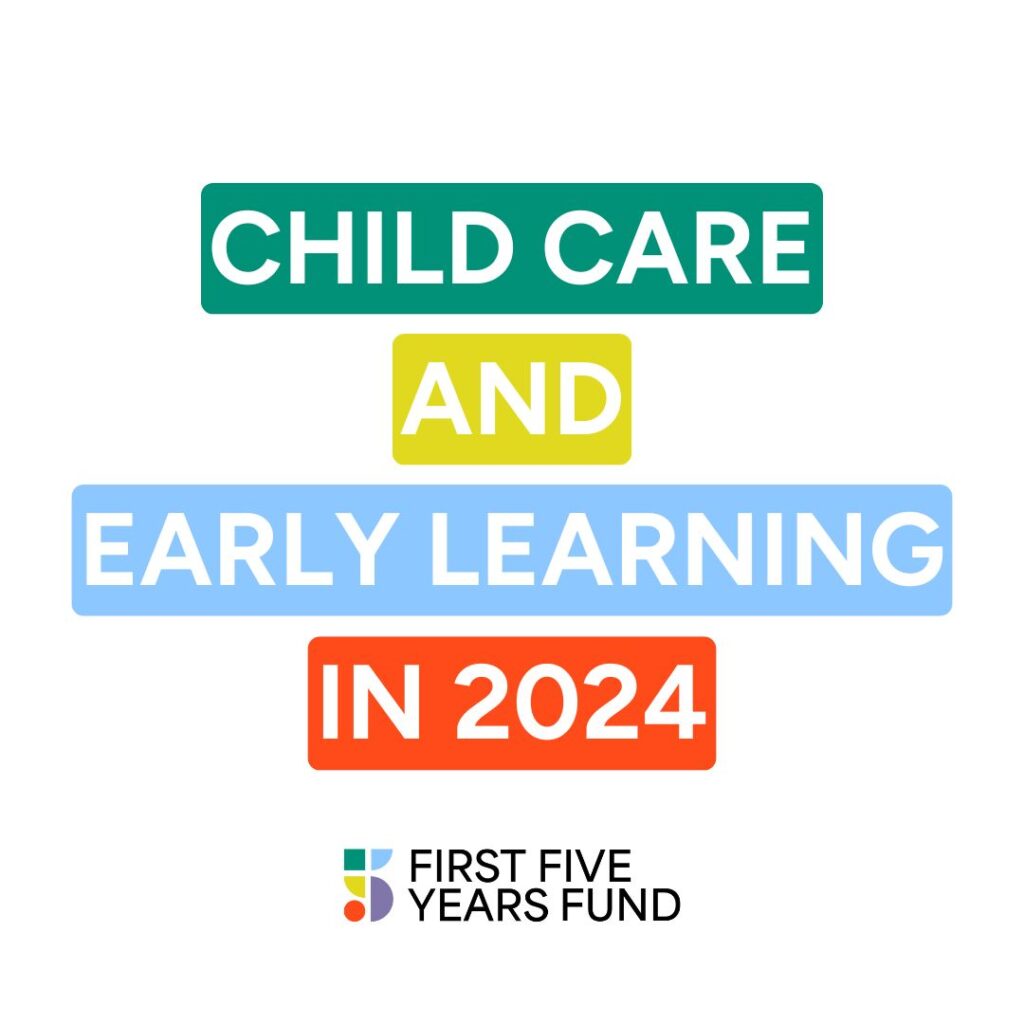House Select Subcommittee on COVID Crisis Holds Hearing on the Impact of COVID on Child Care

This week, the House Select Subcommittee on the Coronavirus Crisis convened a congressional hearing on “COVID Child Care Challenges: Supporting Families and Caregivers.” The hearing included testimony from child care experts and providers who shared their expertise on how the COVID-19 pandemic has impacted families, providers, and the economy.
In his opening remarks, Chairman Jim Clyburn (R-SC) spoke to some of the most significant ways that the child care sector has been impacted by the pandemic, noting that the onset of the pandemic resulted in thousands of child care providers closing their doors, and “although many were able to re-open, thousands closed permanently by 2021, contributing to the shortage that persists to this day. The sudden closures forced parents to make a choice between keeping their jobs and caring for their children.” He emphasized that the combination of low wages for child care workers and high costs for families continues to place a burden on providers and families while slowing economic recovery.
Witnesses used their opening statements to share their perspective on the current needs of child care providers and families, while also discussing how states and providers have used federal COVID relief funding to provide a stopgap and prevent further closures. Gina Forbes, an early educator and parent from Maine, shared that the child care center where she previously worked was forced to close, as they were operating on such thin margins that the drop in enrollment due to COVID became too much for her program to overcome. Dr. Betsy Stevenson, Professor of Public Policy and Economics at the University of Michigan, emphasized the economic impacts of the current child care crisis, noting that the U.S. economy and employment have evolved such that child care has become essential in its ability to function. She specified that the current child care shortage disproportionately impacts low-wage workers and single parents.
Dr. Lea J.E. Austin, Executive Director of the Center for the Study of Child Care Employment at the University of California, emphasized that while we know that at least 28 states have used relief funds to support wages, recruitment, and retention for early educators, this funding was not designed to provide long-term fixes. Dr. Lynette Fraga, CEO of Child Care Aware of America, noted that almost half of parents with children under 6 looking for care in the last two years said that the biggest barriers to access were cost, a lack of available spaces, and location. She added that states have made some progress in spending discretionary relief funds, and most commonly the funds have been used to increase subsidy eligibility, eliminate copays for families, increase compensation, and improve provider payment policies.
During the question and answer portion, Rep. Carolyn Maloney (D-NY) noted that “new analysis from the Federal Reserve showed that the onset of the pandemic caused many parents of young children to drop out of the labor force with longer-lasting effects for mothers than for fathers.” She asked panelists to share how the lack of affordable, available child care has impacted their ability to work. Ms. Forbes replied that the decision of whether to work for wages that are not much higher than what she had to pay out for child care put her in a position to have to make difficult decisions about whether or not she should continue working.
Rep. Jamie Raskin (D-MD) asked panelists to discuss how the expanded Child and Dependent Care Tax Credit (CDCTC) “has allowed families to offset a substantial portion of their child care costs this tax filing season… [and] affected parents’ ability to participate in the labor market.” Dr. Stevenson shared that the tax credit is important for offsetting the cost of going to work for parents, noting that due to the high cost of care, some parents cannot afford to go to work. She emphasized that it is an important tax credit to help get parents back to work.
More information and a video of the hearing can be found here.
Subscribe to FFYF First Look
Every morning, FFYF reports on the latest child care & early learning news from across the country. Subscribe and take 5 minutes to know what's happening in early childhood education.



